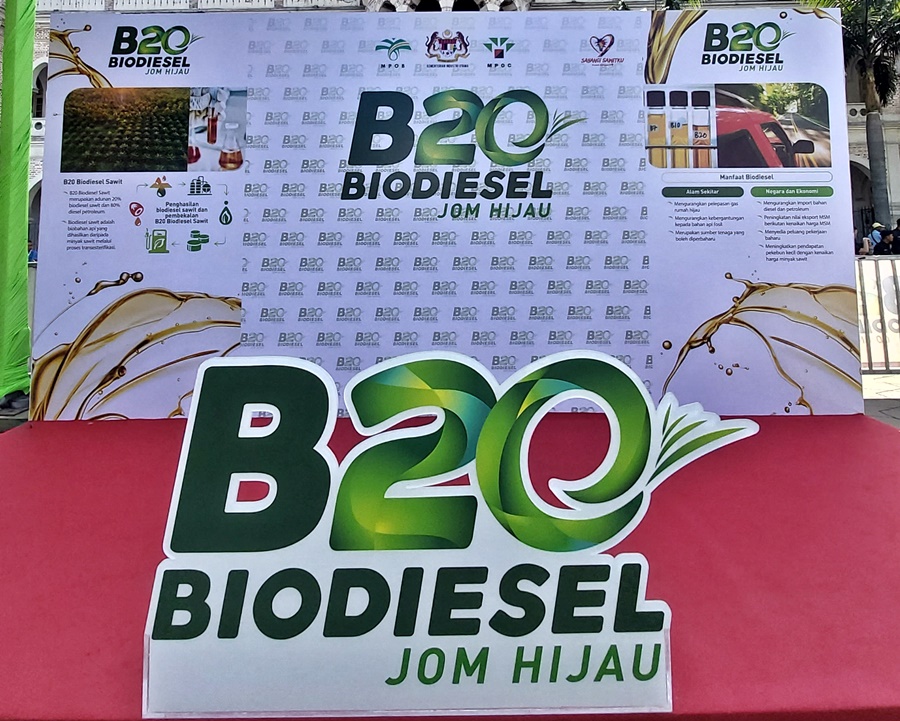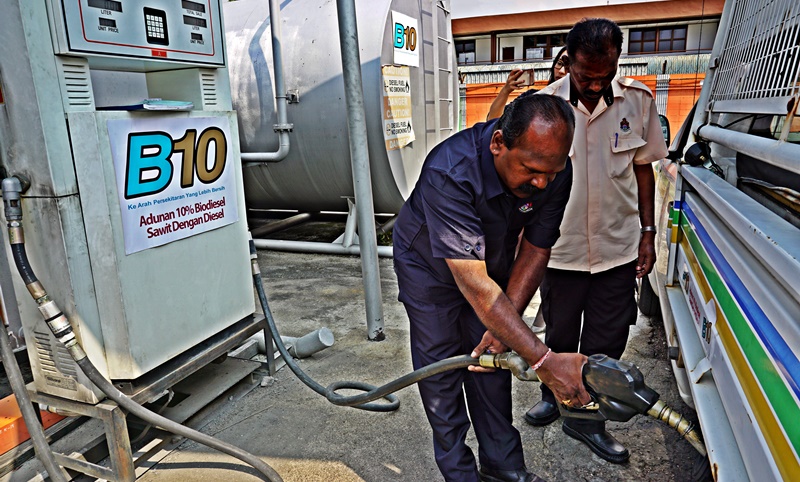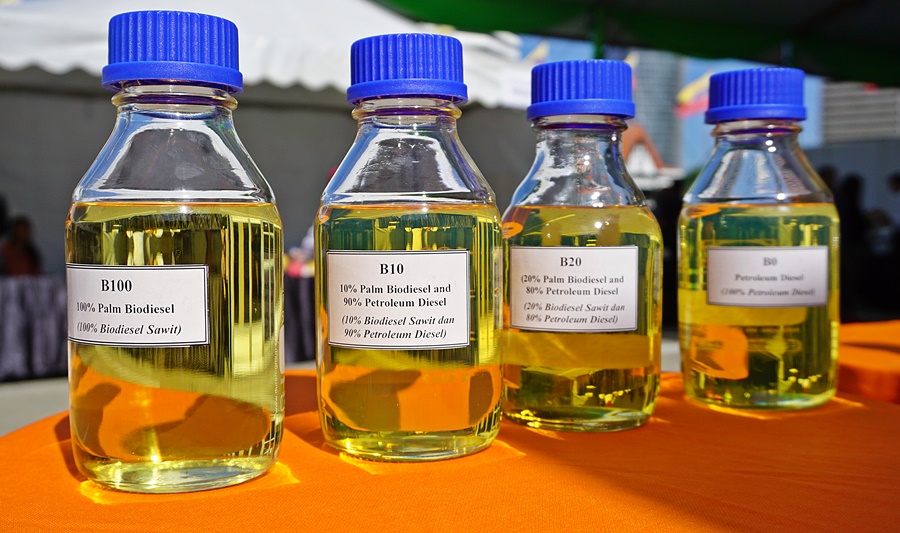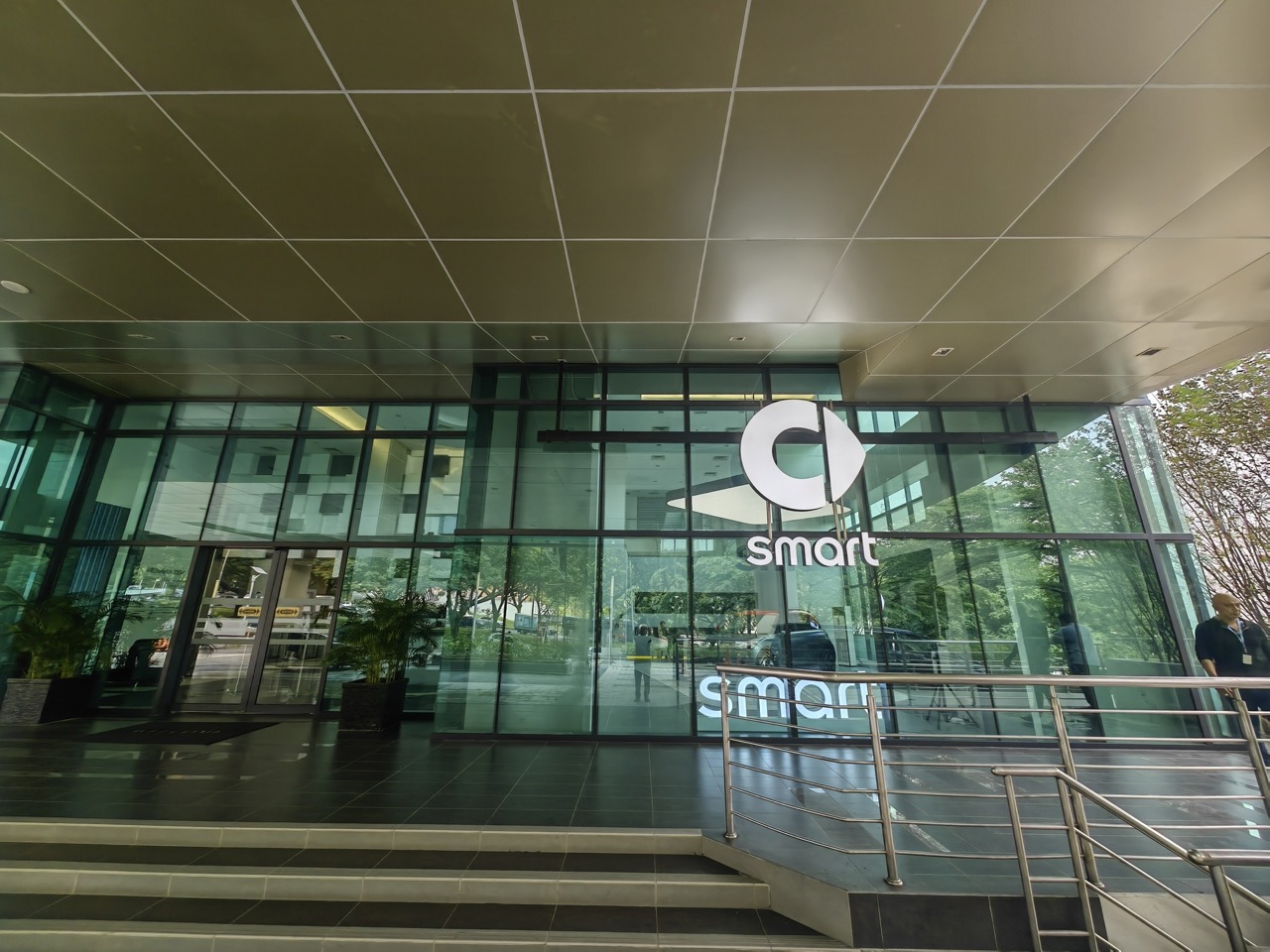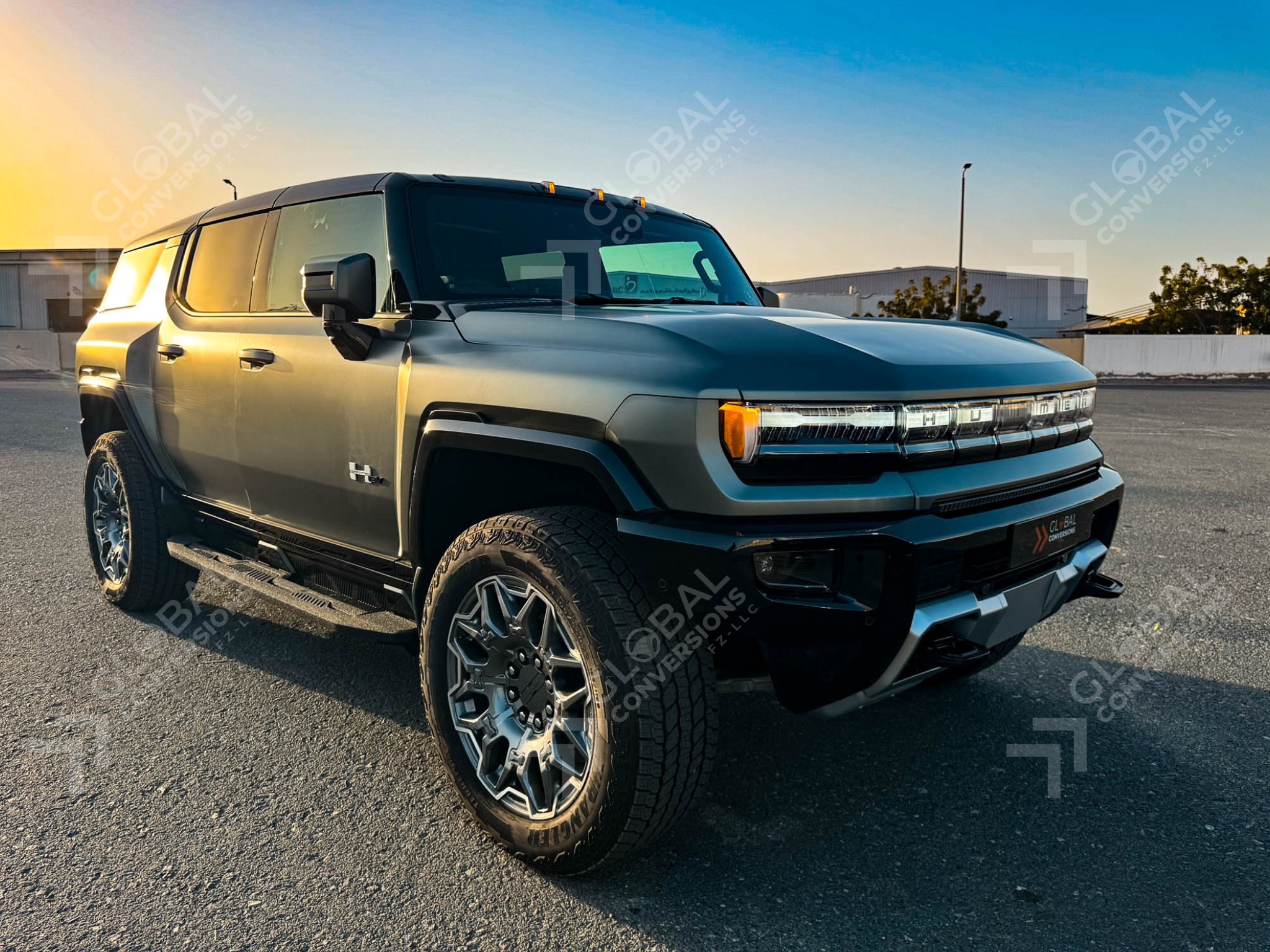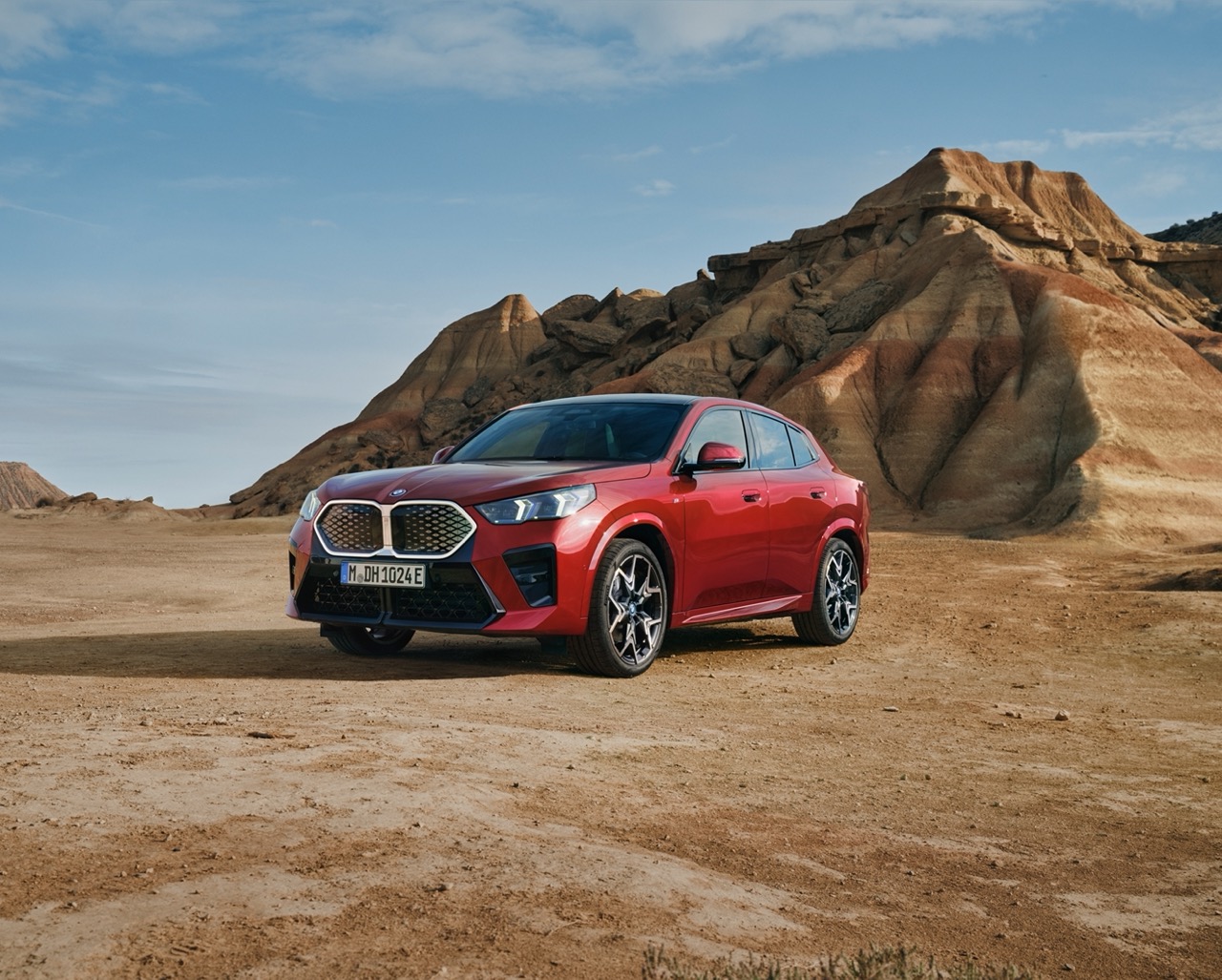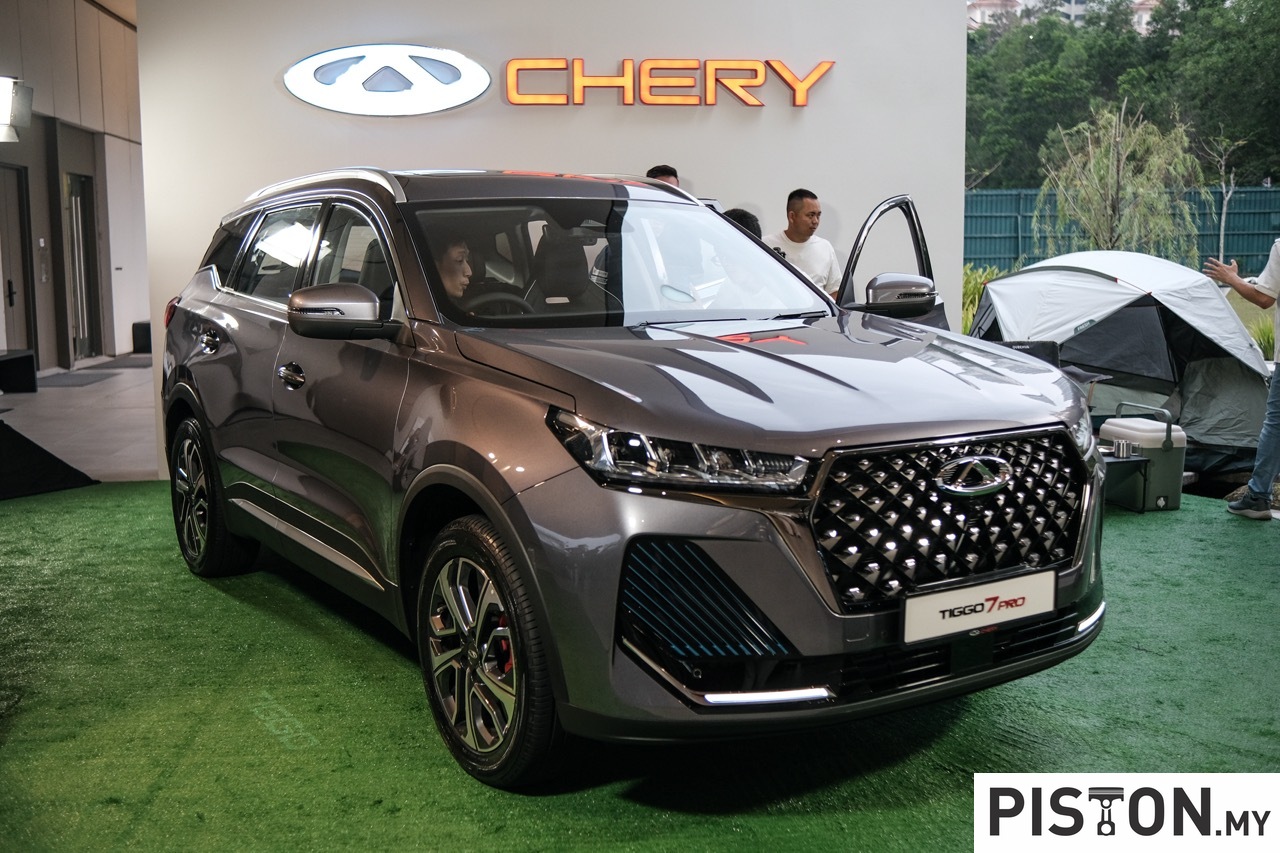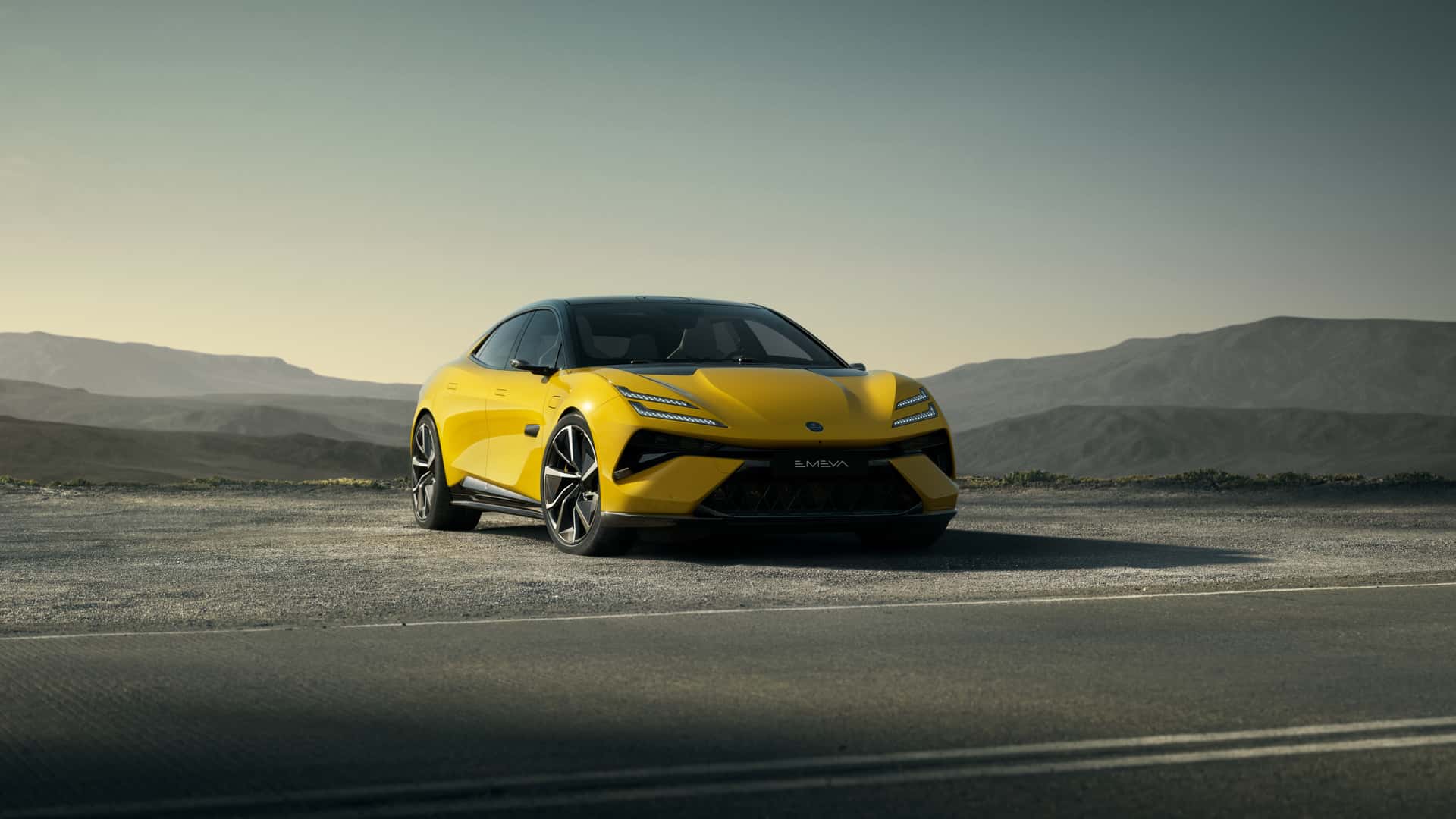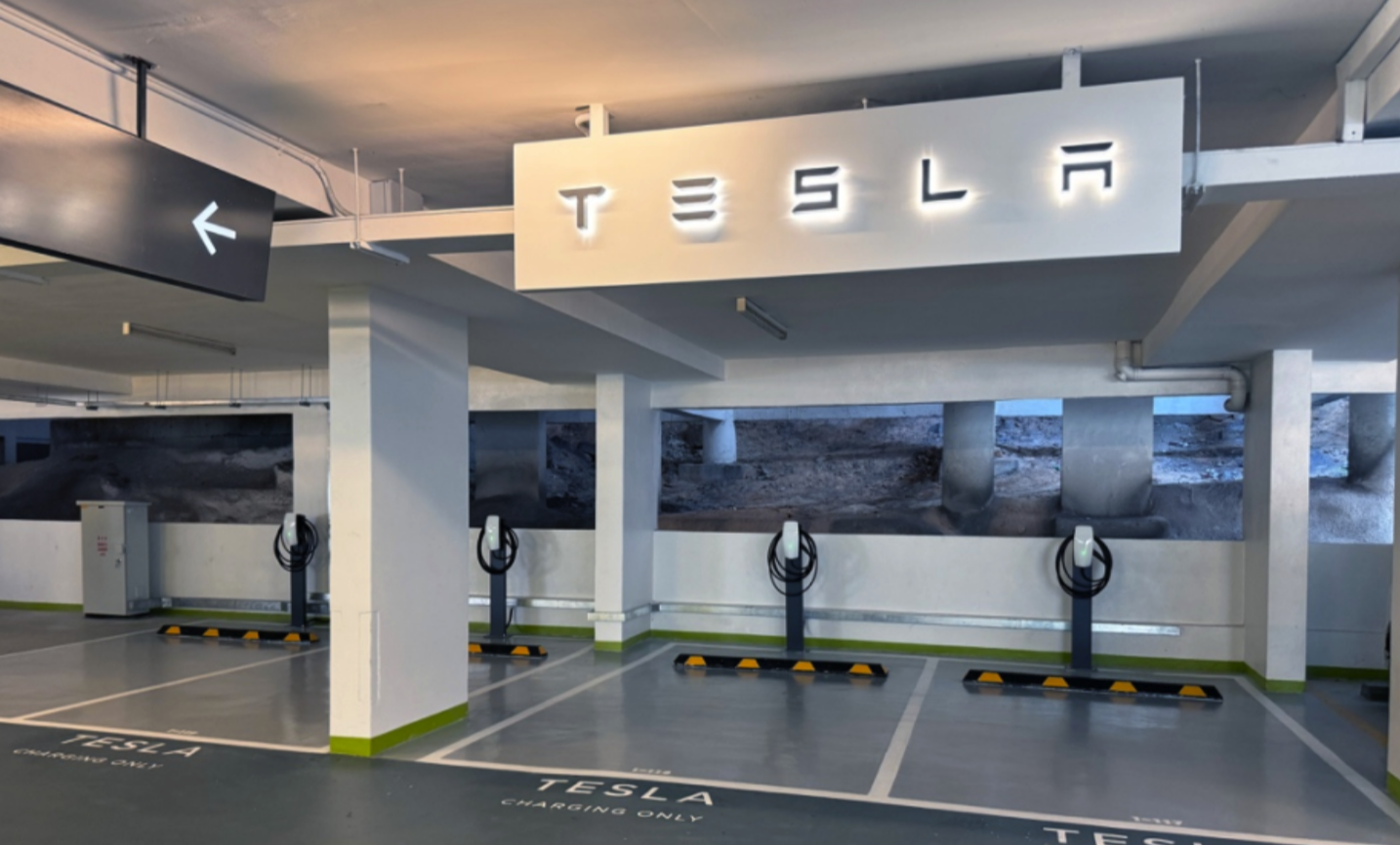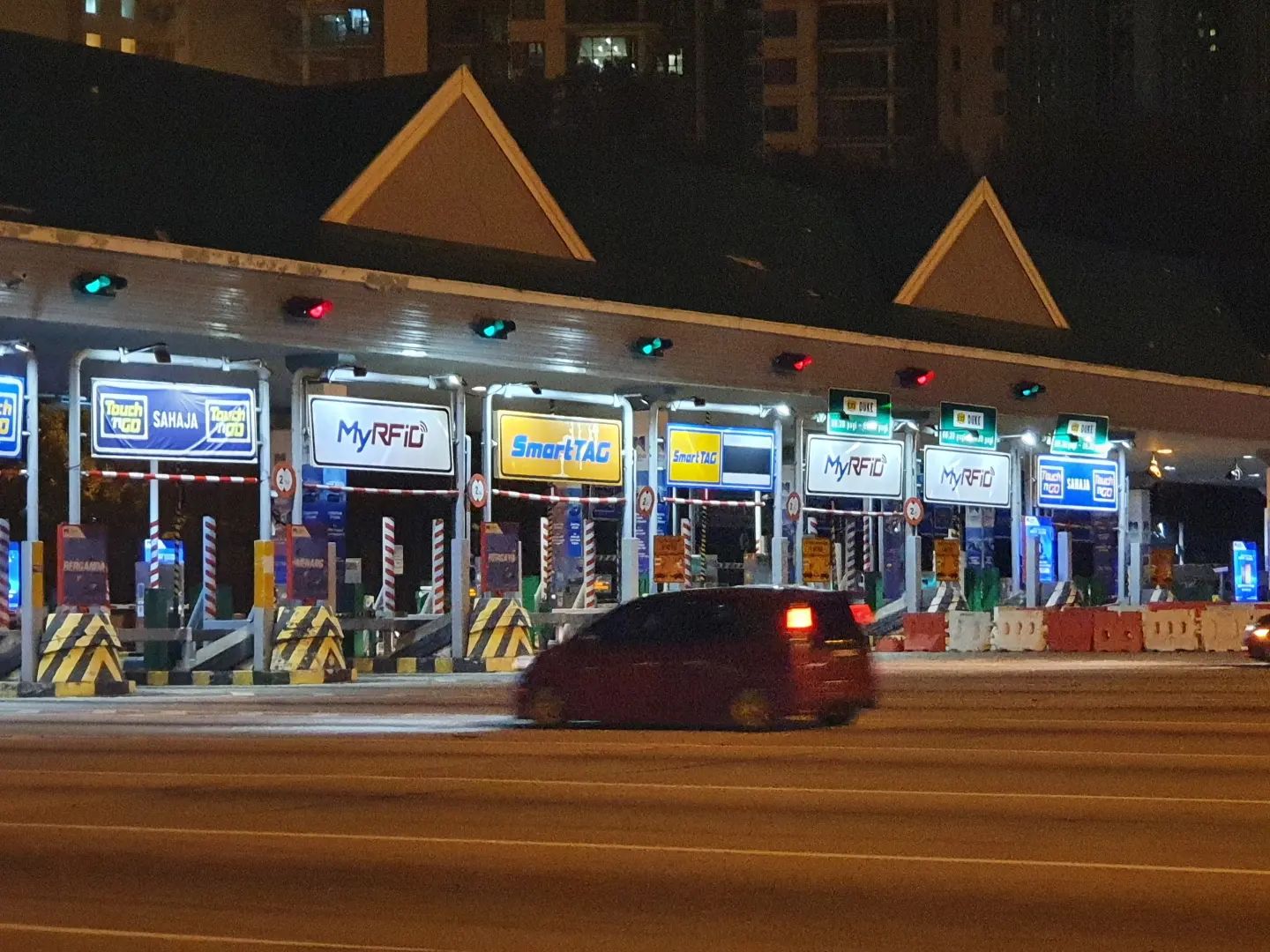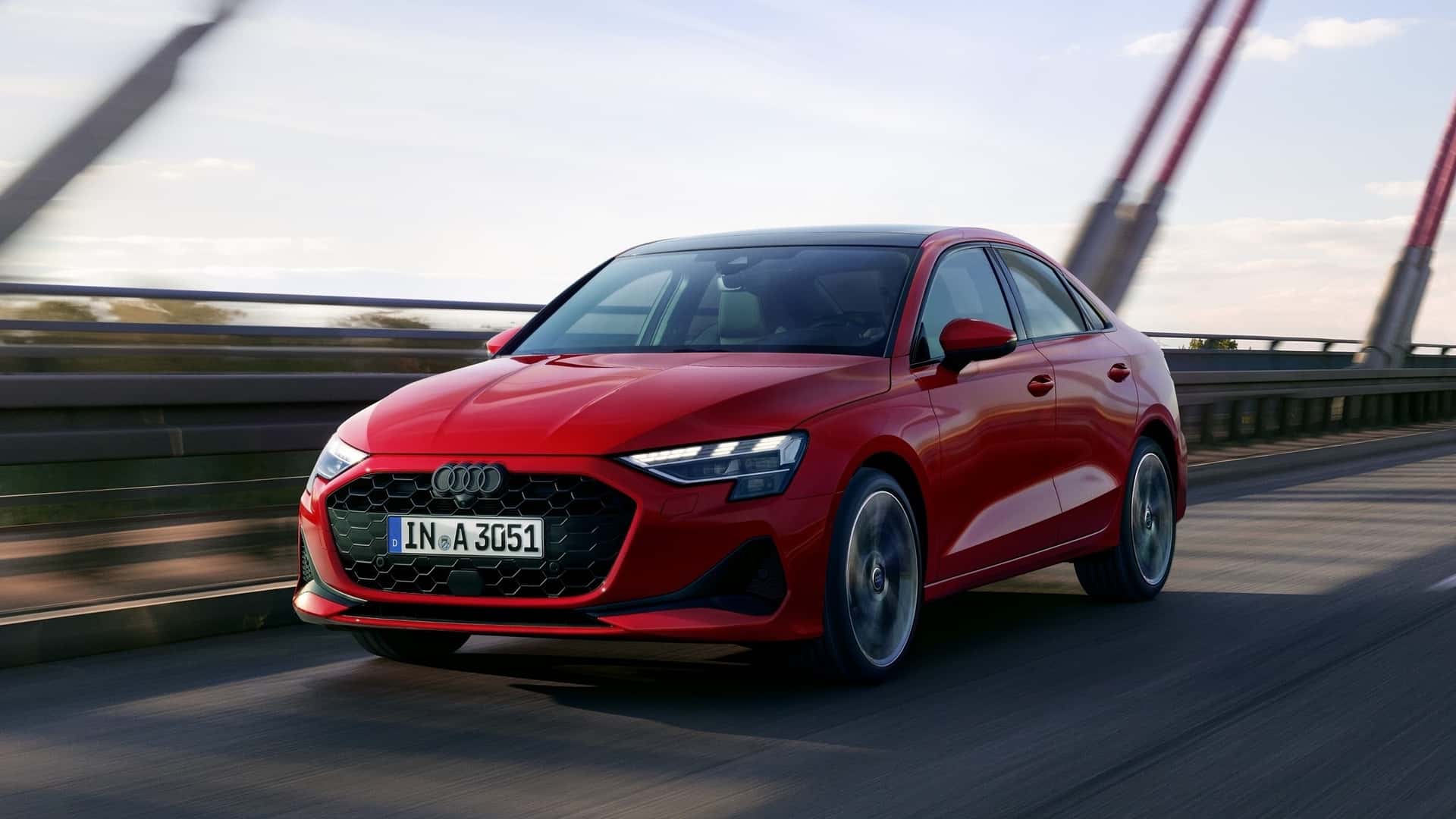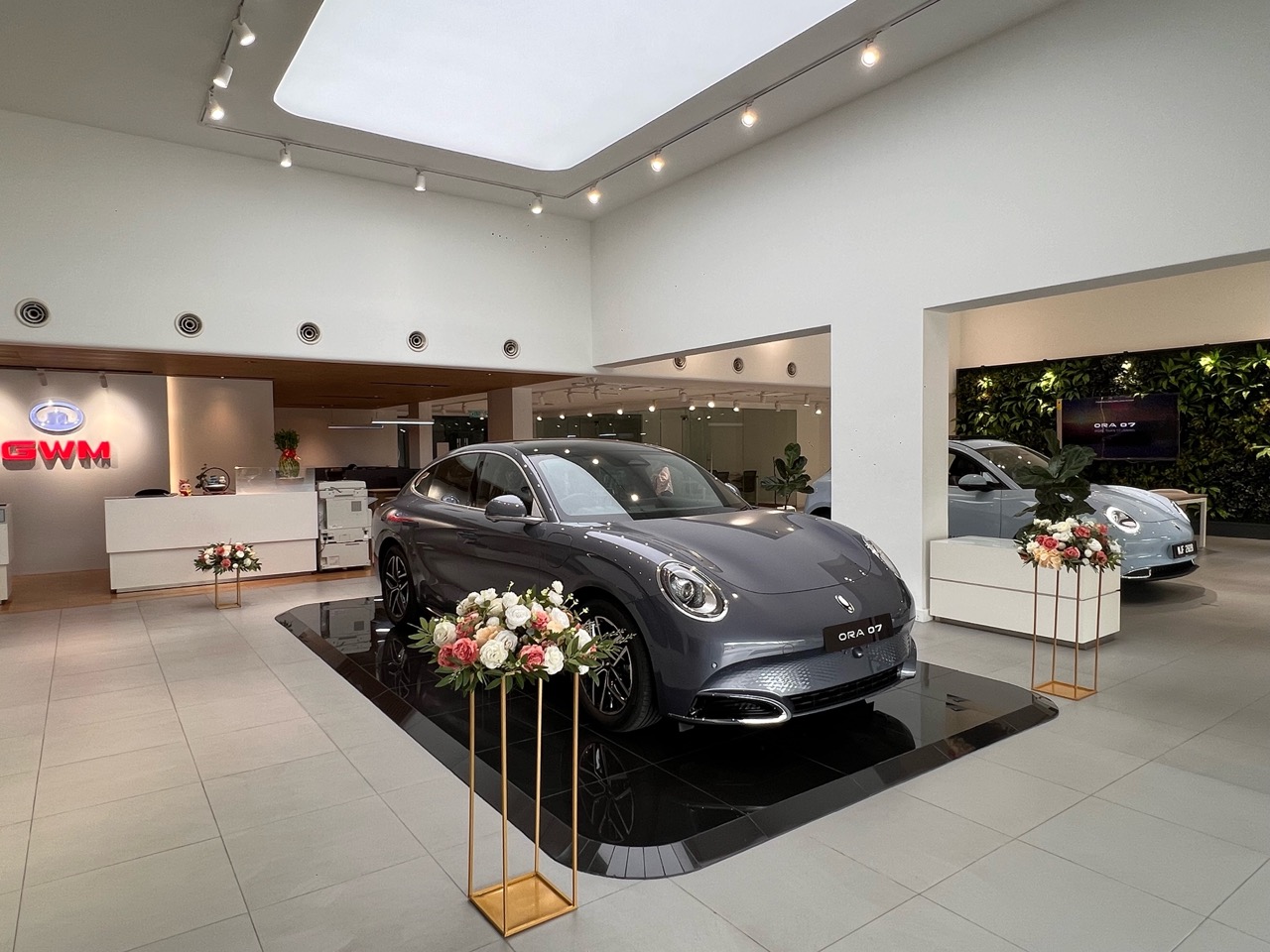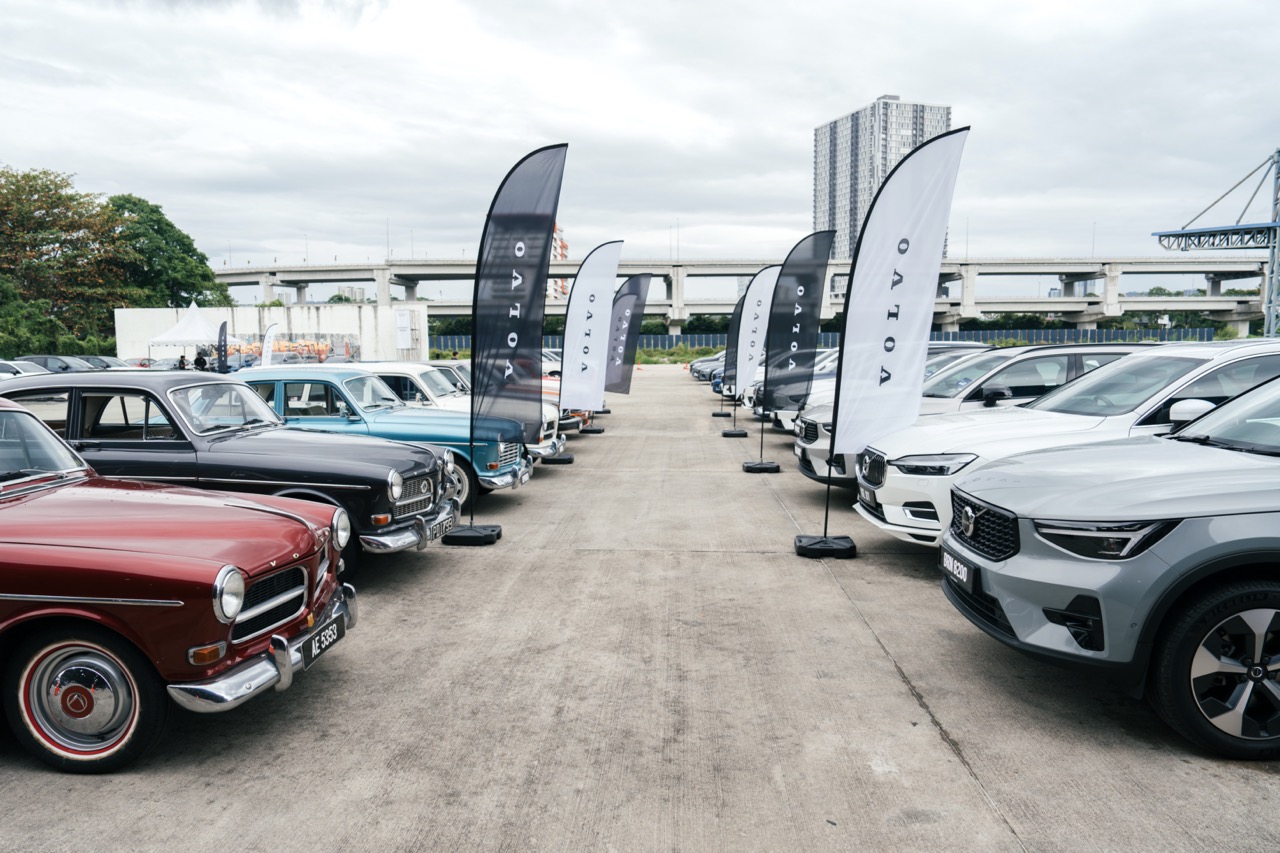The government today moved to the next step in promoting the use of biodiesel which is a blend of diesel and palm oil (palm methyl ester). The new level will be B20 which means there is 20% of palm oil and diesel is reduced from 90% to 80%. B20 is intended for the transportation section and will be available at selected stations of the main petroleum brands (BHPetrol, Petronas, Shell, Caltex and Petron) in phases.
The conversion of stations to B20 will be done in phases with the aim of having over 3,400 stations by the middle of 2021. Incidentally, Indonesia, also a major palm oil producer, made B20 mandatory from January 2016.
However, Euro5 diesel which has B7 formulation (7% palm oil) will continue to be available at stations that currently supply it. This is to cater to passenger vehicles with modern turbodiesel engines using advanced technologies that are more fuel-sensitive.
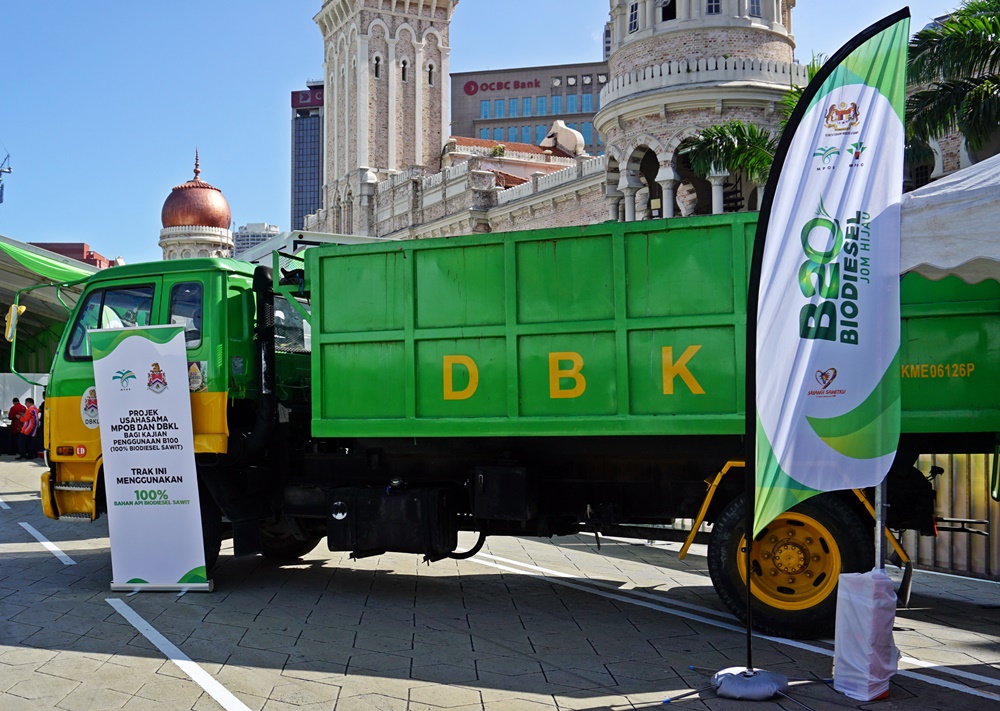
Prior to the launch of B20, the MPOB has carried out extensive test programs with companies like Mazda Malaysia and agencies like DBKL (Dewan Bandaraya Kuala Lumpur) which has been using it in its fleets.
To ensure consistent and high quality, SIRIM has formulated two new standards for biodiesel – MS123-4:2020 (High PME Diesel Fuel specification) for Euro2M fuel and MS123-5:2020 (High PME Diesel Fuel specification) for Euro5 fuel.

The biodiesel program began as far back as the early 2000s with the Malaysian Palm Oil Board (MPOB) taking a lead role in developing and testing formulations which could be commercialized. Being a leading producer of palm oil, it only made sense to maximise its utilisation by developing biofuel.
Actually, biodiesel is nothing new and there’s even an International Biodiesel day on August 10. The date commemorates the day in 1893 when Rudolf Diesel successfully started the engine he invented and it ran on peanut oil. In later years, various formulations blending vegetable and plant-based components would be developed.
The government announced its Biofuel Policy in 2006 but it was only in mid-2011 that commercial supply began, with PETRONAS being the first company to offer it at a station in Putrajaya. The program started with B5 (5% palm oil) and then moved to B7 in December 2014. Though biodiesel actually costs more to produce than normal diesel, the pump price was not increased as the government provided subsidies.
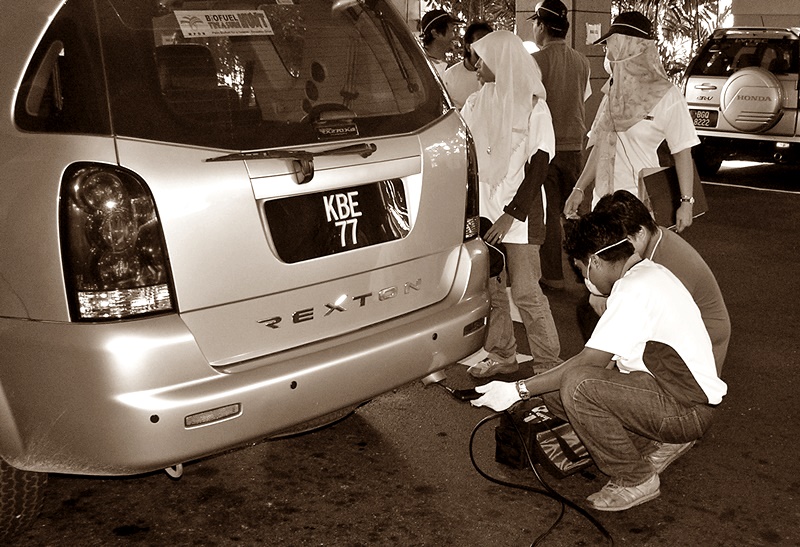
While commercial vehicle engines were not so fuel-sensitive, the increasingly sophisticated passenger vehicle engines require fuel of high quality and there was concern that biodiesel would cause problems. Nevertheless, the MPOB did extensive testing on a range of vehicles and also had JAMA (Japan Automobile Manufacturers Association) to evaluate and provide assistance.
After much testing, B5 was found to be okay as long as it met the MS2008:2008 Malaysian standard which is based on the international EN14214: 2003 for such fuels. The first company to confirm that its cars could use B5 was BMW Group Malaysia, assuring owners that use of Malaysian biodiesel in their cars would not void their warranties.
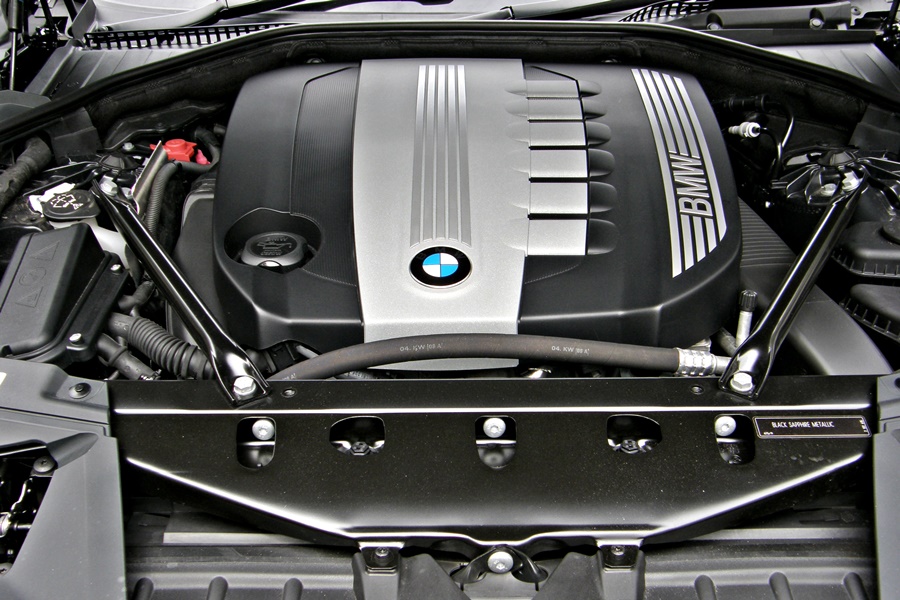
As the government was planning on continuing to increase the palm oil content in biodiesel, there was concern among the car companies that going beyond 7% could cause issues with engines. The higher moisture content in the fuel from having 10% of palm oil (B10) could cause corrosion of the components which transport the fuel and promote oxidation in the tank which can cause a blocked fuel filter.
BMW Group Malaysia ran tests using B10 and found that damage could occur. According to the company, the engines ran fine with B7 which had been sold at the pumps since December 2014. Nevertheless, the government pressed ahead with moving to B10 in June 2016 and made it mandatory for the transport sector from last July.
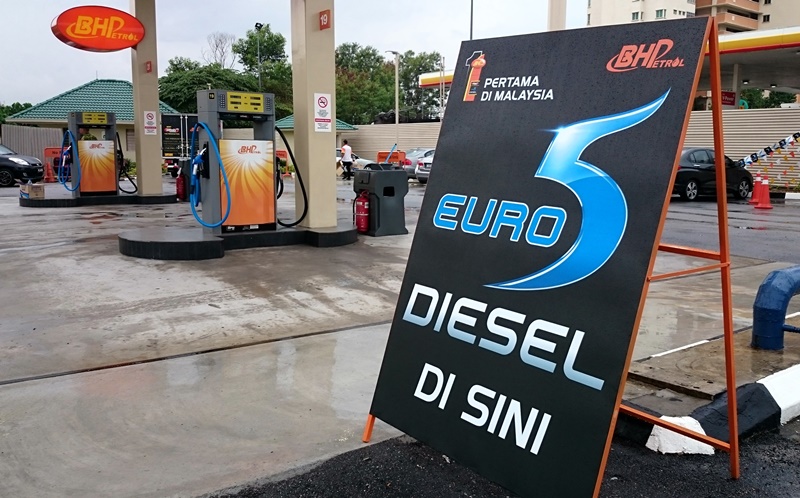
The compromise was that B7 would still remain available – and this remains the case with B20 now being introduced – so that owners of passenger vehicles would not have problems. However, it will only be available for the Euro5 grade which costs 10 sen more a litre than regular diesel (which is subsidized to maintain the price at RM2.18).
There are plans to someday reach B100 – the fuel being having only palm oil – but the next step will likely be to B30. DBKL, which wants to create a Low Carbon City, will test a B30 blend in up to 50 vehicles in its fleet from June 2020. Technical data from using the fuel will be shared with MPOB.
Apart from helping the palm oil industry, increased use of biodiesel will also help in reducing air pollution and Malaysia’s carbon footprint. Air quality can be improved as biodiesel has almost no sulphur that gets into the air with exhaust emissions. It also benefits the smallholders who own 40% of the oil palm plantation areas in the country.


